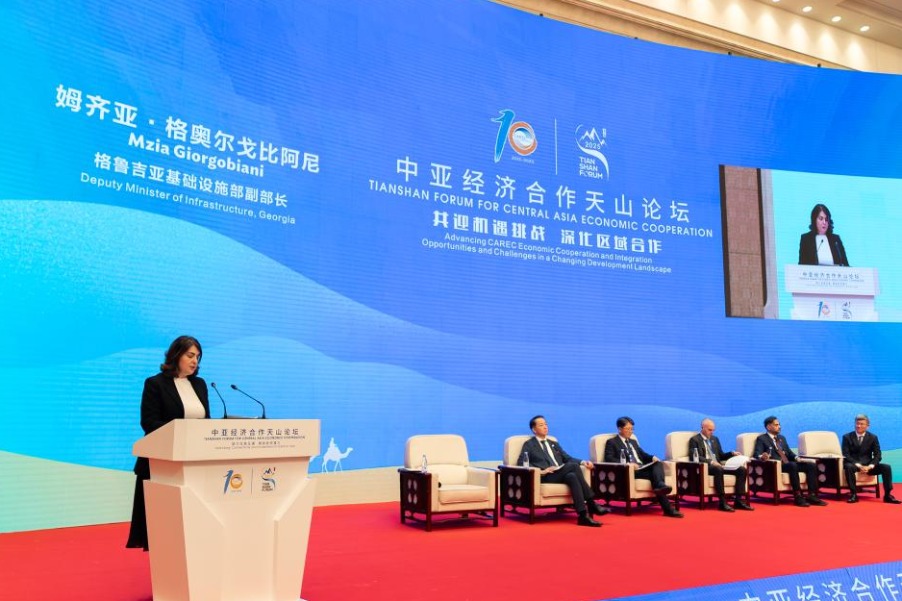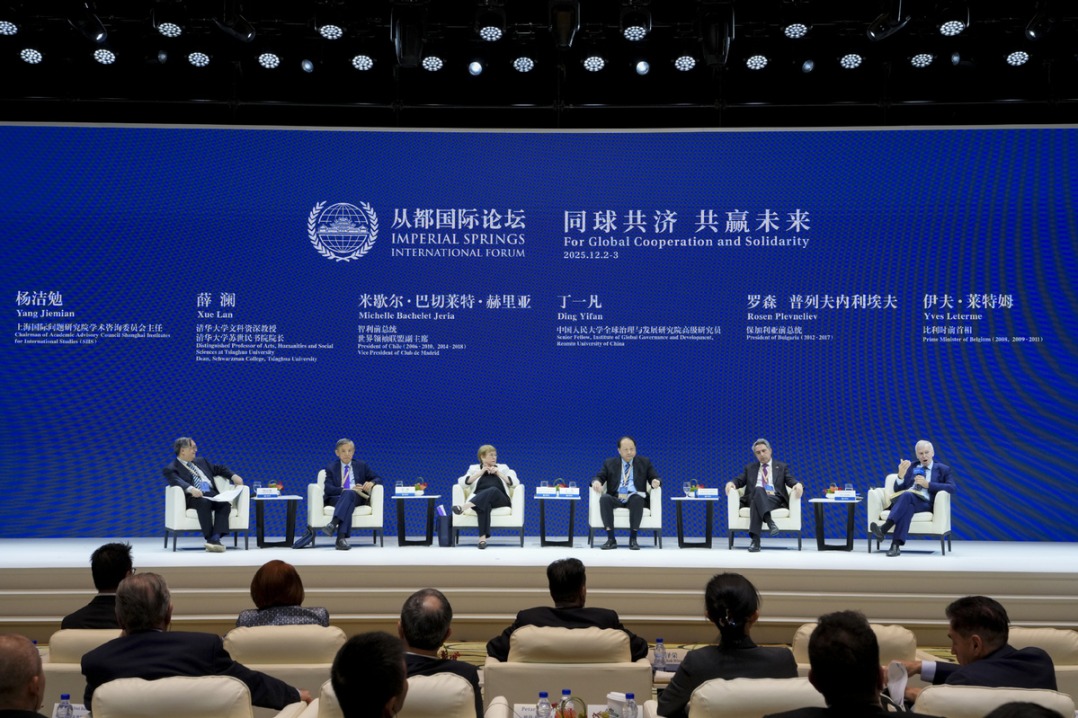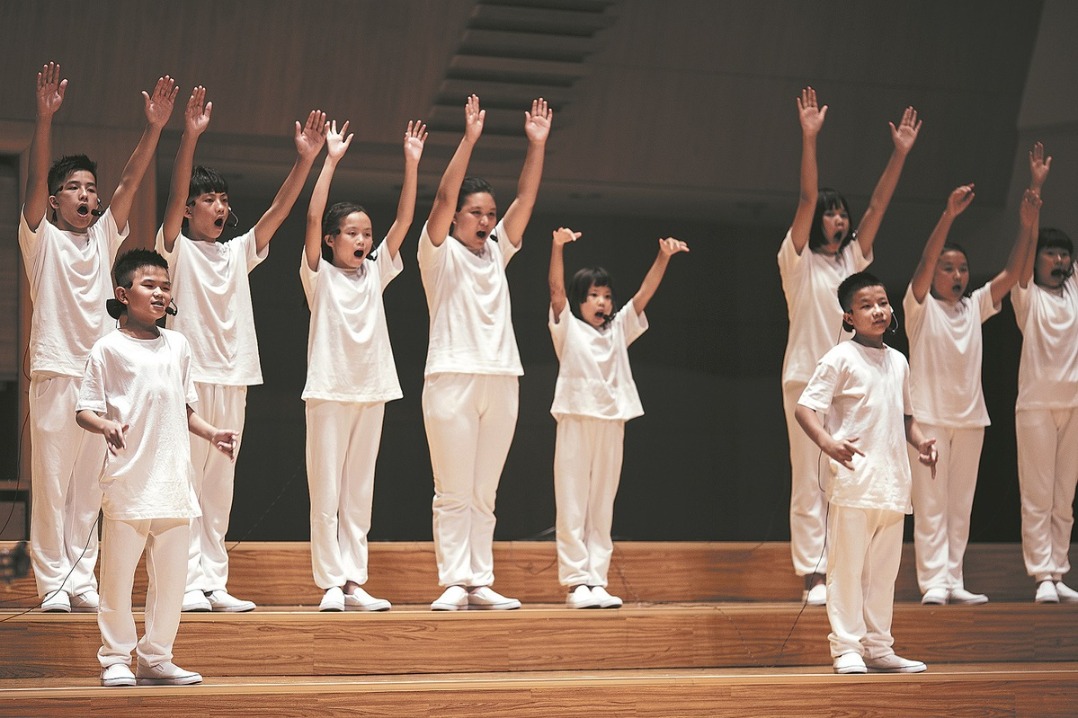Reformed man wins fame as 'Mr. Average'

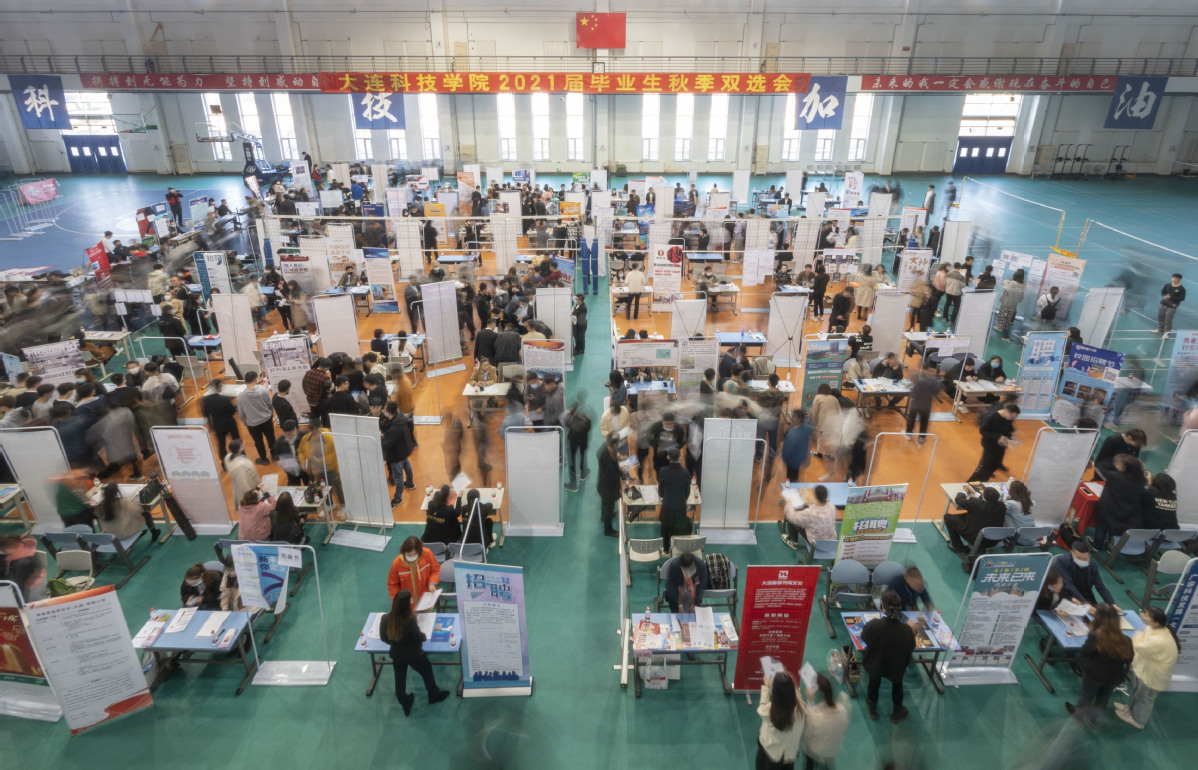
Turning point
The decision to study for a master's was the turning point. He continued to work hard, won scholarships every year and earned the title "Shanghai's Outstanding Graduate" in 2019.
The TV show put his experience under the spotlight and he quickly found himself at the center of debate among students from similar backgrounds.
Ding's experience resonated with so many viewers that he received messages every day from people who were either studying at "average" universities or facing obstacles in their career paths.
"I tell people that only 20 percent of us can become the national elite. Eighty percent of people are ordinary, and they probably come from second-tier educational backgrounds. However, they are society's backbone and are actively engaged in the very basic roles that help build a solid foundation for the superstructure," he said.
Although he didn't succeed in gaining a position with JunHe through the TV show, Ding received a number of offers after it was broadcast.
He is still considering which will be the best to take in his quest to become a partner in a law firm.
To him, the old saw that "Education changes lives" is still relevant.
"Even though I didn't take the opportunity to change my fate with my first degree, I have come this far by pursuing a good education," he said.
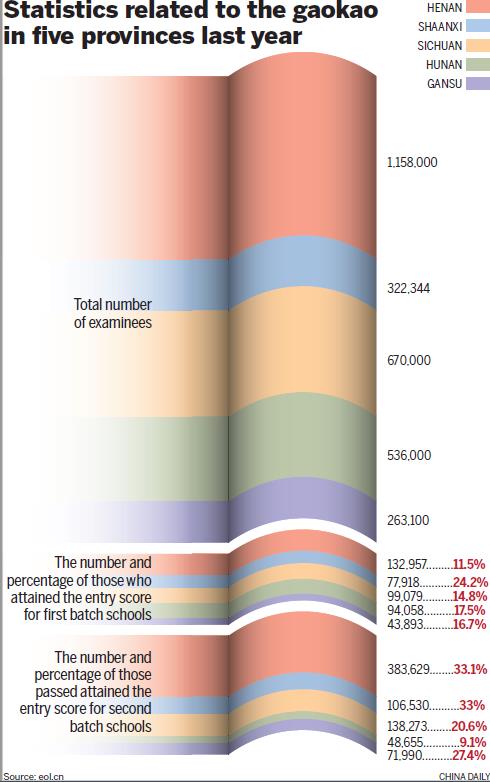
Fact box
China's higher education system has two main categories: standard universities and vocational colleges.
Standard universities are classified into four academic batches, from "pre-batch" to "third batch".
Pre-batch is for students with "nonacademic" skills such as music, drama and art. The first to third batches matriculate students based on their results in the gaokao, the national college entry exam, from highest to lowest.
Those who gain high scores usually attend first-batch universities, while those who fail to meet the threshold score for third-batch universities have to choose vocational colleges.
First-batch universities are widely considered to be good first-tier schools, followed by second-batch universities, which are recognized as second-tier and average.
In the 1990s, the government launched Project 211 and Project 985, which added special qualifications for certain top universities.
Project 211 listed 100 first-tier universities, while Project 985 contained 39 of the best from Project 211. The top nine schools were known as the "C9 League".
The Ministry of Education announced the end of both projects in 2016, but graduates from universities bearing the 211 or 985 tags are still highly sought after by employers.
- Linyi sets sail for Africa to forge strong ties
- Xi holds talks with Macron
- Xi holds welcome ceremony for Macron
- Senior Chinese official stresses improving system for narcotics control
- Mainland slams DPP for 'selling out Taiwan'
- Chinese premier calls for implementation of new urbanization strategy to boost social, economic development



















